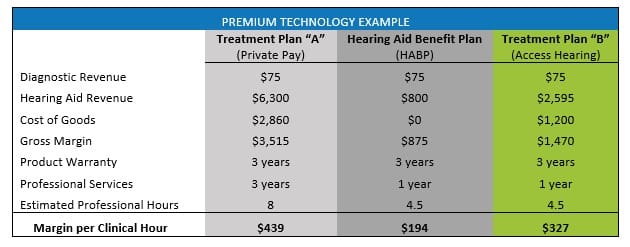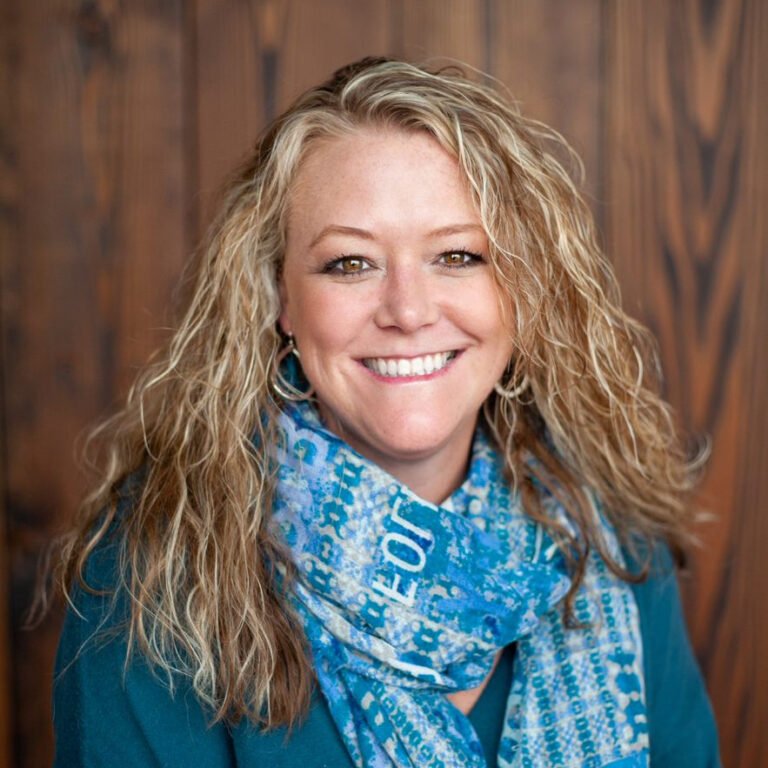TPAs with William Ranes and Dan Quall
In this Ask Fuel First section, we’ve discussed five different channels of how hearing aids are delivered to patients, how TPAs fit into that mix, whether you should opt in or opt out of TPA and how offering service plans can fill the gaps in patient coverage. Even if you choose to work with TPAs now, you may change your mind in the future, so it’s important to know that there is an alternative to TPAs that maintains the continuum of care for your patients. This Ask Fuel First article answers the following question: What is Fuel Medical’s Access Hearing program?
William Ranes, Fuel Medical’s Task Force Officer, had a chance to sit down with Dan Quall, Fuel Medical’s Director of Strategic Initiatives, to discuss the impact of TPAs on the audiology industry. Here are some of the highlights of that conversation.
Taking the Out-of-Network Plunge
Ensuring the best health outcome for your patients means maintaining the continuum of care. When TPAs are involved, some services or devices may be covered minimally or not at all, threatening to disrupt that continuum of care. Some patients are willing to pay out-of-pocket beyond their benefits plan because they value the services or feel that certain devices will work better for their lifestyles. They’ve chosen to take the out-of-network plunge. It may also be time for you to take the plunge out-of-network.
We don’t recommend that everybody go out-of-network because, for some practices, it simply isn’t financially feasible. Choosing this path can also be challenging. Keeping existing patients who may have recently purchased plans that have a hearing aid benefit or new patients who came from a medical referral with the benefit in hand can be tricky. However, by offering an alternative treatment plan that’s comparable to the type of product and service level that the patient can acquire through their HABP (hearing aid benefit plan), you get a program that is better for the patient, better for the provider and more profitable for the practice. A viable alternative is the Access Hearing Program.
What is the Access Hearing Program?
Fuel Medical created the Access Hearing Discount Program as a supplemental strategy for when a practice decides to opt out of some (or all) HABPs. This custom program isn’t affiliated with any insurance plan, allowing you to determine patient eligibility and retain a larger portion of the revenue that would otherwise be lost.
Just like insurance companies, we’ve contracted with manufacturers to provide your patients with direct access to the following benefits:
- Full line of high quality product offerings, from five leading manufacturers
- Robust service package options
- Ability to provide extended service contracts
Creating a Competitive Treatment Plan B
Offering your practice’s premium treatment plan, or treatment plan “A,” as an alternative to an HABP benefit or a big-box retailer can be difficult because of the price gap. Instead, practices can compete by creating a secondary treatment plan, or treatment plan “B,” that mirrors the basic services provided by an HABP and includes a reasonably priced, high-performing product with one year of simple services (see Figure 1: Premium Technology Example).
Figure 1: Premium Technology Example

If you offer a treatment plan that is within a reasonable range of the out-of-pocket expense of the HABP, patients will often stay with your clinic. Estimates of what is “reasonable” range between $750 and $1,000. But remember, you modified the offer to a one-year service plan to be comparable to the HABP. You have to charge or get the patient into a service agreement after one year, or you risk impacting the clinic’s profitability.
Communicating the Alternative to Patients
It’s important that practices establish a protocol for communicating your alternatives to maintain a positive patient experience. It starts with a phone call where the front office staff interfaces with the patient, understanding where they are in their hearing health journey and what kind of benefits they may have.
One of the biggest hurdles practices face is understanding the different types of insurance. There are several predominant plans in the marketplace. Your clinic should have some sort of summary guide that allows your front office staff to have a professional conversation with patients, outlining their benefits with what the practice offers. If they aren’t prepared or give incorrect information, this could cause miscommunication or frustration, impacting the patient experience. Fuel Medical’s professional development team has developed online and in-person training to assist front office staff with difficult talk tracks.
Access Hearing: Good for the Patient, Good for the Provider and Good for the Practice
An important distinction is that Access Hearing is a program, not a contract or a benefit. It’s a different treatment protocol for you to stay competitive within the evolving hearing health industry. Your practice may have contractual agreements with TPAs that benefit your practice, but there may be a time when you choose to accept only private-pay patients or a mix of both. The Access Hearing Program is one option that you can present to patients who cannot pay for premium technology out-of-pocket but still want more than basic hearing aids, plus your professional services. Talk to your regional team today to get our Third-Party Payer & Big Box Toolkit.


